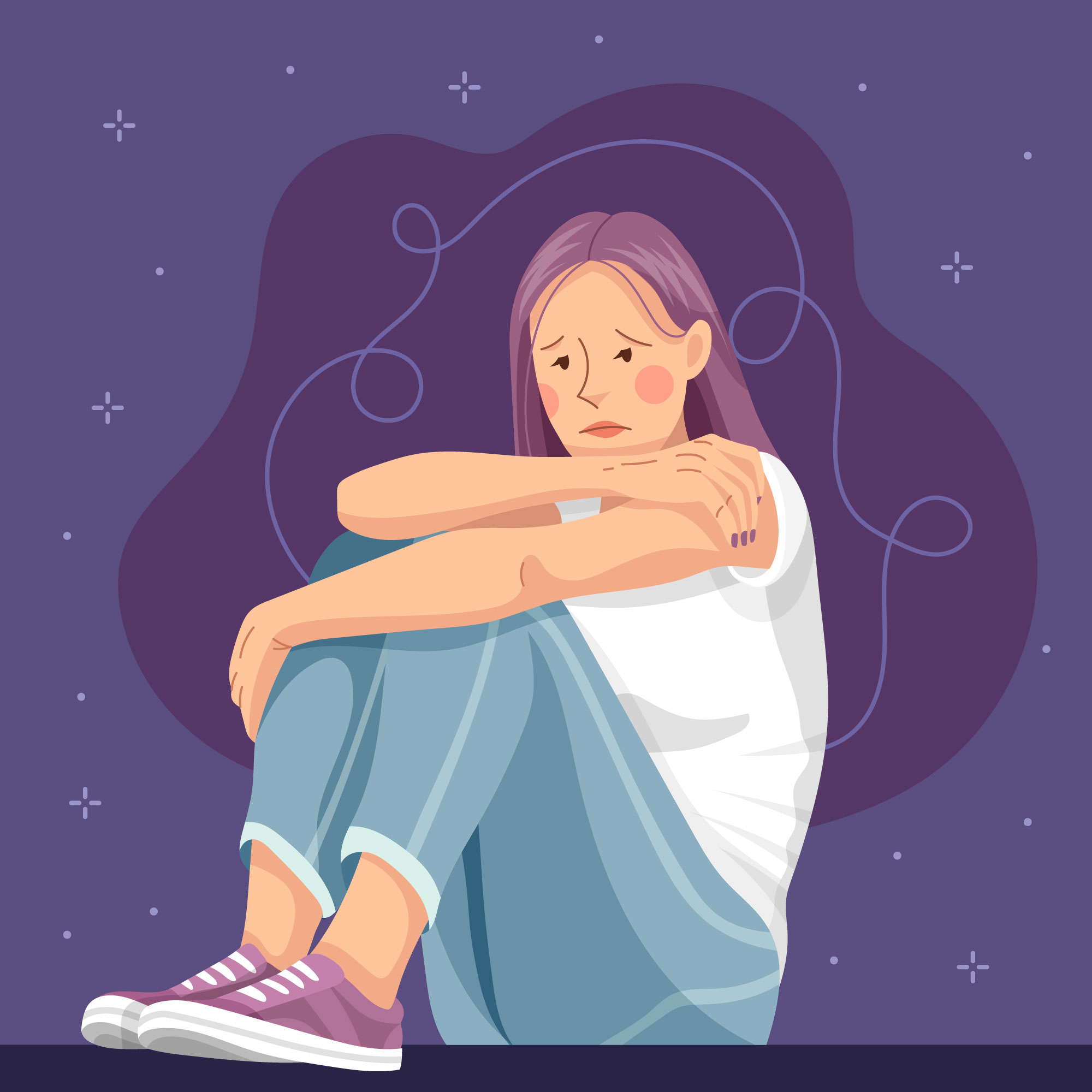The spoon theory was a revelation once. A metaphor for invisible disability. A way to say: I don’t have limitless energy. Every action costs. But like all metaphors, it eventually failed me. It suggests I have a drawer of spoons to begin with—something measurable, something I can manage. Something that implies I am in control.
But I am not. And school advocacy breaks the metaphor.
A single email can cost me hours of my life—not in writing, but in spiralling. In the quickening of my heart, the re-reading and overthinking, the self-doubt that takes root like mould in the corners of my mind. It summons every dismissal I have endured, every moment of retaliation I thought I had survived, and replays them in vivid, paralysing detail. It doesn’t simply use up my energy; it tears through the fabric of my day, ripping loose the threads I had just barely managed to weave into something functional, and leaves behind nothing salvageable.
And I do not have hours to spare.
As a neurodivergent person, I have spent my life compensating—for slow processing, for overwhelming sensation, for emotional saturation so profound it makes my skin hurt. I have masked, and smiled, and worked harder than anyone else in the room, for years before this. That effort is not resilience—it is corrosion. It is the steady erasure of self in order to appear functional, and it means that when one more unexpected demand arrives—when another school email drops like a stone into my already turbulent waters—I am forced into triage.
What must I abandon?
- Is it the walk that would stabilise my blood sugar?
- The laughter of my children, who need me calm and reachable?
- The work that pays the bills, but also exhausts me?
- The glimmer of joy, already fleeting and rare?
- The sleep I barter with, over and over, as though fatigue were a choice?
- The system does not ask these questions. It does not see the arithmetic of my survival. It assumes I can absorb the cost with a smile. And when I begin to unravel, it calls me aggressive. Uncivil. Can’t you see I’m fighting for my life, here?
I have tried, with everything in me, to regulate
I have written school emails with wine in one hand and despair in the other. I have taken my ADHD medication before the birds stirred, hoping to catch the brief stillness of morning before my nervous system remembered it was under siege. I have chased clarity with caffeine and deadlines and frantic typing. I have borrowed my friend, hoping to gain some insight into how I might fold myself into something palatable. I have written terrible drafts and asked machines to make them human. I have written terrible drafts and forced myself to wait until morning before sending them, praying that sleep would dull the sharpness of my rage, that the edited version of myself might evoke sympathy instead of resistance, that they would hear my child’s pain instead of recoiling from my tone.
-
This broke me: a parent’s experience of school advocacy
Parenting is not a monolith. Neither is disability. Every family walks a different path, shaped by bodies, resources, identities, and institutions. This piece reflects one perspective—mine—as a disabled parent navigating systemic harm, health collapse, and the fierce love that remains. It is not…
I tried to let it slide
I told myself I would let everything collapse for a week. That maybe, if I stopped trying to hold it all together, someone else would pick up the thread. My counsellor suggested that if I let go of being hyper-conscientious—if I allowed others to carry even a fraction—perhaps things would find a new balance. Perhaps I would breathe again. I watched the brutality of my children sacrificed and I can’t…
Every workaround. Every sacrifice. Every self-reduction. Every act of silence, restraint, or forced civility—I have done it.
You chose to have kids
People say “suck it up” as if I haven’t already drained the marrow from my own bones. As if I haven’t mortgaged my health, my joy, my stability—over and over—to fund a system that will never acknowledge the debt. But I am not a limitless resource. They say, “you chose to have kids, so take care of them.” WTF do you think I’m doing? It’s the institution that’s killing me, not my children.
Thomas Hobbes once wrote that life in a state of nature was “solitary, poor, nasty, brutish, and short.” And some days, that is precisely how it feels—to live as a disabled, neurodivergent mother in a world that demands your sacrifice while punishing your voice. To navigate institutional cruelty while your own body quietly shatters beneath you.
So something must change.








